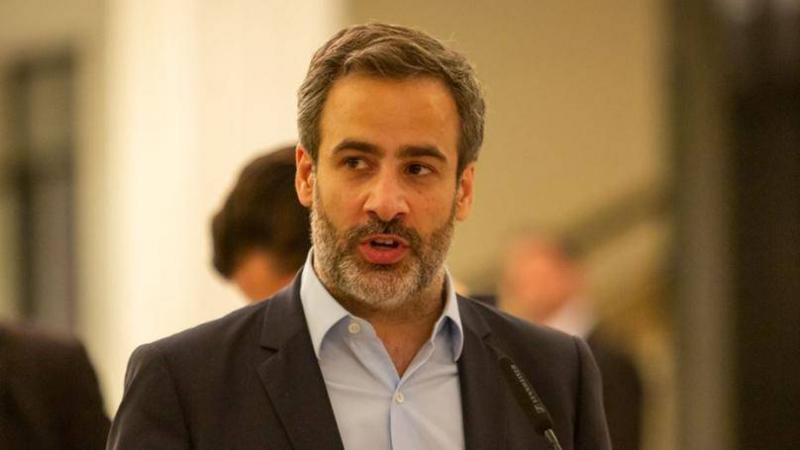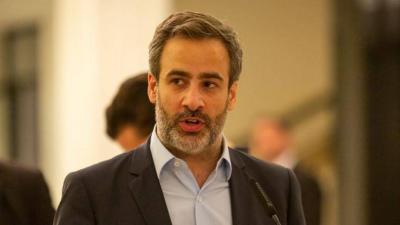Deputy Adib Abd al-Masih clarified that he was among those who believed the border demarcation issue would not pass due to his doubts about Israel's intentions, after hearing numerous statements from Israeli leaders intended to improve their internal standings. Abd al-Masih noted in an interview with Al-Anbaa electronic newspaper that it is clear Lebanon has made concessions, but technically, the points raised by the Lebanese side are important. There are other obvious calculations that have emerged from the start related to internal affairs in both countries. He expects the demarcation issue to be frozen until further notice, surpassing the Israeli elections and extending to the American elections.
Regarding the presidential elections, Abd al-Masih stated that the outlook is unclear but there is progress in the ongoing movements. He anticipated a rise in Deputy Michel Moawad's chances if a quorum is achieved and a session is convened. If Moawad secures more than 50 votes, it would mean his chances are close, as the more supportive deputies there are, the closer his hopes for success would be. He revealed a strong inclination among some deputies from various blocs to vote for Moawad if they find his prospects high.
Abd al-Masih called on the Free Patriotic Movement to undertake a national review of their message and to recognize that Michel Moawad is the son of Rina Moawad, the architect and martyr of the Taif Agreement. He emphasized that they have a president elected according to the Taif Constitution, describing the position of the Moderation Bloc as good. As for the “Change” MPs, their stance remains unchanged; they reject Michel Moawad's name because they believe he does not fit the criteria of their initiative. However, he pointed out that if Moawad secures more than 50 votes, it would embarrass the change MPs and put them in front of public opinion, which voted in their favor. They would then seem like obstructive forces, and their battle would turn against the opposition rather than against the "resistance" as they claim.
Meanwhile, with the visit of Saudi Ambassador Walid Bukhari to the north, Abd al-Masih viewed it positively, affirming his country’s stance against cooperating with non-sovereign individuals whose hands are stained with corruption, which is a clear indication of refusing to collaborate with the opposing team. The Saudi stance continues to push for completing the presidential entitlement on time, according to the broad titles announced. The course of events will become clearer, especially after the second session called for by President Nabih Berri and the path it will take if convened.




